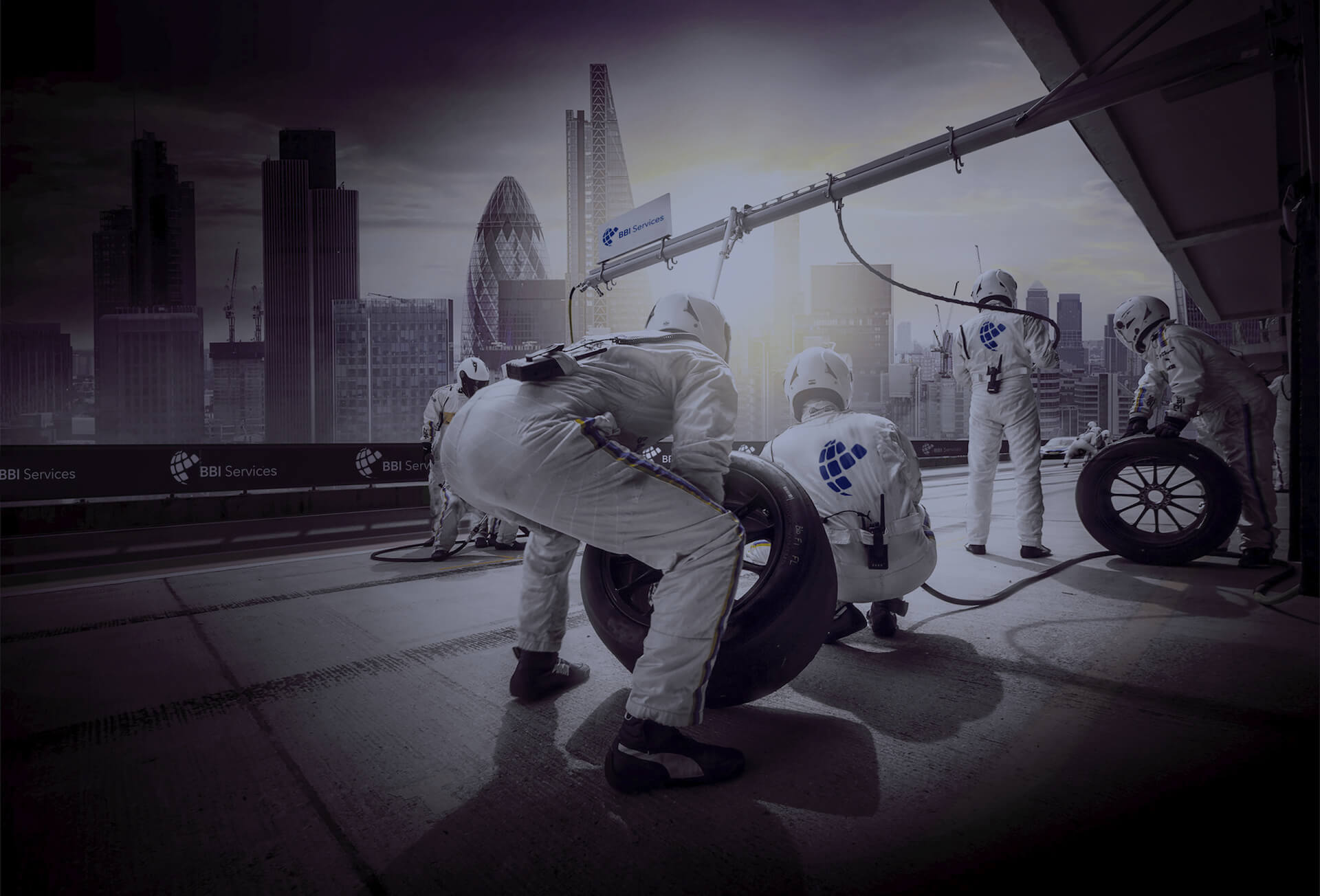Marc Roberts of BBI Services argues that mindset often holds projects and construction professionals back.
In my experience, almost everyone I meet in construction wants to do better, and that’s fantastic.
Across our sector, there’s a widespread commitment to increasing efficiency, productivity and sustainability.
But when it comes to identifying exactly what’s preventing projects and individuals from achieving their full potential, I often find that people are looking in the wrong places.
If they want to improve productivity, right first time or a whole range of other performance metrics, many understandably jump straight to scrutinising procedures and processes.
Far fewer appreciate that some of the biggest roadblocks to success are actually in our heads.
It’s very possible for someone to be an experienced construction professional, to have performed well on dozens of complex and challenging projects over the years, and for them still to have beliefs, mindsets or preconceptions that are holding them and their teams back.
It’s not about criticising or ‘exposing’ people – it’s about encouraging everyone to acknowledge that, despite the good work they’re already doing, there may be major opportunities they’re missing out on.
The kind of improvement strategies BBI employ have achieved amazing results in sector-leading businesses around Britain and beyond – but quite often we’ll encounter people who are resistant to the kinds of changes we encourage them to make.
Again, it’s not that these individuals are ‘bad’ – many of them are hugely experienced, with a great deal of valuable insight to bring to the table. It’s just that, for some reason, they’re not receptive to ideas that could radically improve their performance.
So, a big part of our job is identifying exactly why these individuals think and feel this way, and helping them to see and understand where further opportunities can be grasped.
Embracing change
At BBI, we’ve been around the block. We know that one very common reason people are sometimes cynical about businesses like ours is that they’ve had bad experiences with improvement consultants before.
There are quite a few businesses out there that claim to do what we do, but that frankly do it very badly.
I’ve come across companies who’ve spent tens of thousands of pounds on consultants whose definition of ‘business improvement’ doesn’t extend much beyond analysing how senior leaders are using their time.
You might end up with a few executives who’ve optimised their calendars, but that does nothing for the performance of a business, or a project as a whole, and certainly doesn’t justify the price.
Similarly, I’ve been brought into projects where previous consultants have spent 18 months just putting up visual management boards. At BBI, we would’ve had that sorted in three to four weeks – and that’s just the beginning of the process. It’s what you do with the boards that counts and how they make you think.
In short, a lot of people in our sector have been burned before, and it’s closed them off to the huge opportunities that proper business improvement can open up.
But another, arguably much more potent, constraint is simply fear. In general, people don’t like asking for help. We unfortunately live in a culture that treats it as a weakness instead of embedding it as an opportunity to learn and creating a safe environment for people to “put their hand up.”
Many construction professionals feel that bringing in outside expertise is an admission of failure. They view business improvement specialists as a sort of emergency service only to be brought in when things go wrong.
In fact, bringing in organisations like BBI at the beginning of a project is one of the best things you can do to ensure the team is set up for success, and the project runs as smoothly and efficiently as possible.
Identifying areas where you can improve, and embed bringing in people with the expertise to help you make that improvement, is a vital part of being a leader. It’s an admirable characteristic, and one we all need to embrace.
Making things happen
Optimising productivity and efficiency is ultimately all about flow. But for organisational processes to flow, our mental ones have to flow too.
I see a lot of experienced construction professionals whose mental cogs have got a bit rusty, and seized up their ability to think in a certain way. At BBI, it’s our job to help lubricate those cogs, and open people up to new approaches that can supercharge their performance.
Sometimes, that might be a case of going back to basics – defining what ‘awesome’ looks like, and working backward to implement the processes that need to be in place to get there. In many cases the required processes can be in place, they simply lack the rigour needed to make them effective. Teams are often not fully mobilised to make the difference.
Other times, it might be embracing cutting-edge technology may well be the answer. The other day I saw a post from a team I used to support, where they now have a robot dog roaming around the site scanning to ensure the project was proceeding according to plan and identifying any potential clashes.
That would’ve sounded like science fiction just a couple of years ago. But the way technology, and particularly AI, is progressing, that’s just the beginning. As times change so should our thinking.
We need to ensure the cogs continue to spin freely to grasp what’s possible. Don’t let the biggest constraints be the ones that are fixed within your mind and holding your teams back.
I remember working with three project directors. One who made things happen, one who let things happen, and one who stopped things from happening. Let’s all strive to be the one who makes things happen.
